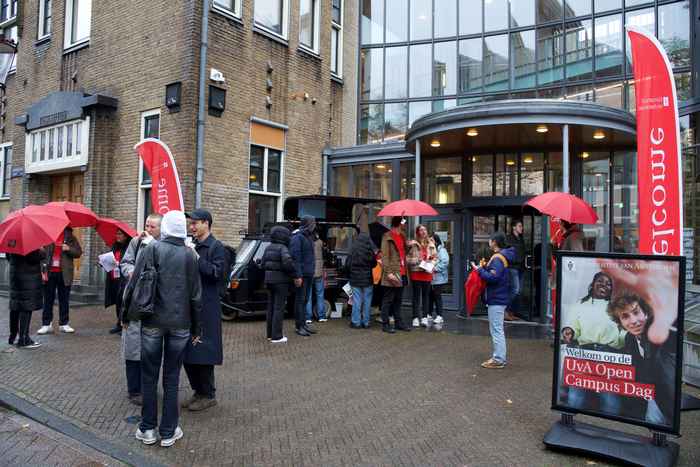Identity and Integration (European Studies)
Open days & events
Want to check if the Master's in Identity and Integration is the right fit for you? Find out by participating in our upcoming events.
Master’s Week Information session
In case you have missed the previous Master’s Week Information session, you can download the PowerPoint presentation here.
